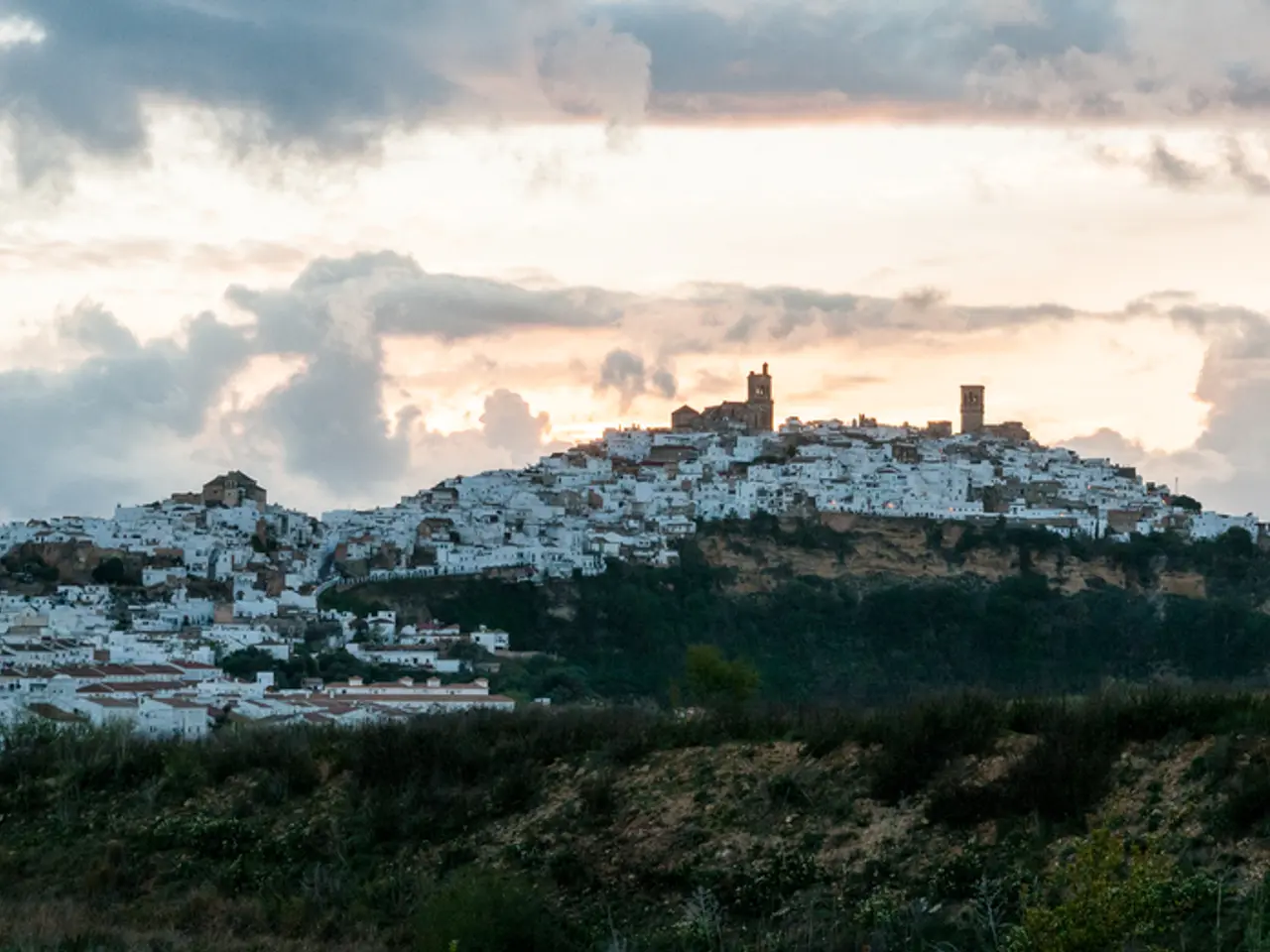Tips for Naming a Fantasy City: Ideas for Authors and Game Designers
Fantasy city names play a crucial role in immersing readers and players in a rich and believable world. These names, when crafted carefully, can instantly shape a reader's or player's perception, fuel their imagination, and make them feel as if the city exists beyond the edge of the map or the turning of the page.
To create fantasy city names that are unforgettable, believable, and rich with meaning, focus on the following key principles:
Consistent Naming Patterns
Use consistent linguistic and cultural naming patterns mirroring real-world languages, such as suffixes like -ton, -burg, or -heim which ground names geographically and culturally within your world. This consistency enhances authenticity even if the names are invented.
Embed Meaning
Embed meaning related to geography and history in the name. Think about the city’s location, its founding story, dominant features, or local resources. For example, a coastal city name might reference tides or storms; a mountain city might involve words about rocks or heights. This association makes the name feel integral to the setting and more memorable.
Reflect Cultural Traits
Reflect cultural traits or values within the name and naming conventions. A society that values resilience might name places after strong animals or stones, while coastal cities might incorporate fish-related language or slang. This depth can hint at worldbuilding details and add richness.
Keep Names Clear and Easy to Remember
Distinctive but simple names help them stick and avoid confusion. Names that reflect evocative images (like Stormhelm or Silverpeak) are easier to recall and deepen immersion.
Develop Naming Conventions
Develop naming conventions related to social class, language evolution, or local dialects to add layers. For example, nobles might use formal-sounding city names, whereas commoners use slang or shortened versions, reflecting societal structure and providing texture.
Test City Names Aloud
Testing city names aloud can help ensure they sound distinct, roll off the tongue, and fit the tone of the world.
Use Root Fragments
City names can be constructed using root fragments based on meaning, such as "Thal" for sea, "Bran" for hill or fire, "Syl" for forest or spirit, and "Dur" for fortress or stone. Mixing and matching these root fragments can create layered, textured names.
Digital Tools for Inspiration
Digital tools like fantasy name generators (e.g., Reedsy or DungeonFog) can help spark ideas, but grounding those suggestions in your world’s logic is crucial.
The diverse game themes and vibrant environments on HighRoller.com can offer creative inspiration for naming, such as "Starwyn Spire" for a sci-fi elf city, "Junglethrone" for a tropical lost empire, and "Vibrosa" for a rhythm-themed, neon-lit capital.
The casual tone and fun-first design of HighRoller's games can help loosen creative boundaries and experiment with whimsical, dramatic, or unexpected city names. A dwarven mining fortress may use guttural tones like "Khundrak" or "Bronthall." A noble elven city might feature flowing, melodic phonemes like "Elarith" or "Valemira."
Remember, the name of a city should reflect its story and tone, avoiding names like "Bloodgate" for a cheerful trade city. A fantasy name should sound real within the context of its world. Effective names are phonetically smooth, easily remembered, and consistent with the world's naming conventions.
Create a naming lexicon based on the city's origin culture for consistency and believability. With these principles in mind, you'll be well on your way to crafting city names that not only sound great but also immerse your audience in your world.
- To add depth and authenticity to fantasy city names, consider using root fragments like "Thal" for sea, "Bran" for hill or fire, "Syl" for forest or spirit, and "Dur" for fortress or stone.
- A noble elven city might feature flowing, melodic phonemes, such as "Elarith" or "Valemira", while a dwarven mining fortress might use guttural tones like "Khundrak" or "Bronthall".
- To ensure city names are easily remembered, focus on creating distinctive but simple names that reflect evocative images, like "Starwyn Spire" for a sci-fi elf city or "Junglethrone" for a tropical lost empire.
- Grounding city name ideas in the logic of your world is crucial, even when using digital tools like fantasy name generators, as this helps maintain consistency and believability in the naming conventions of your fantasy city.




